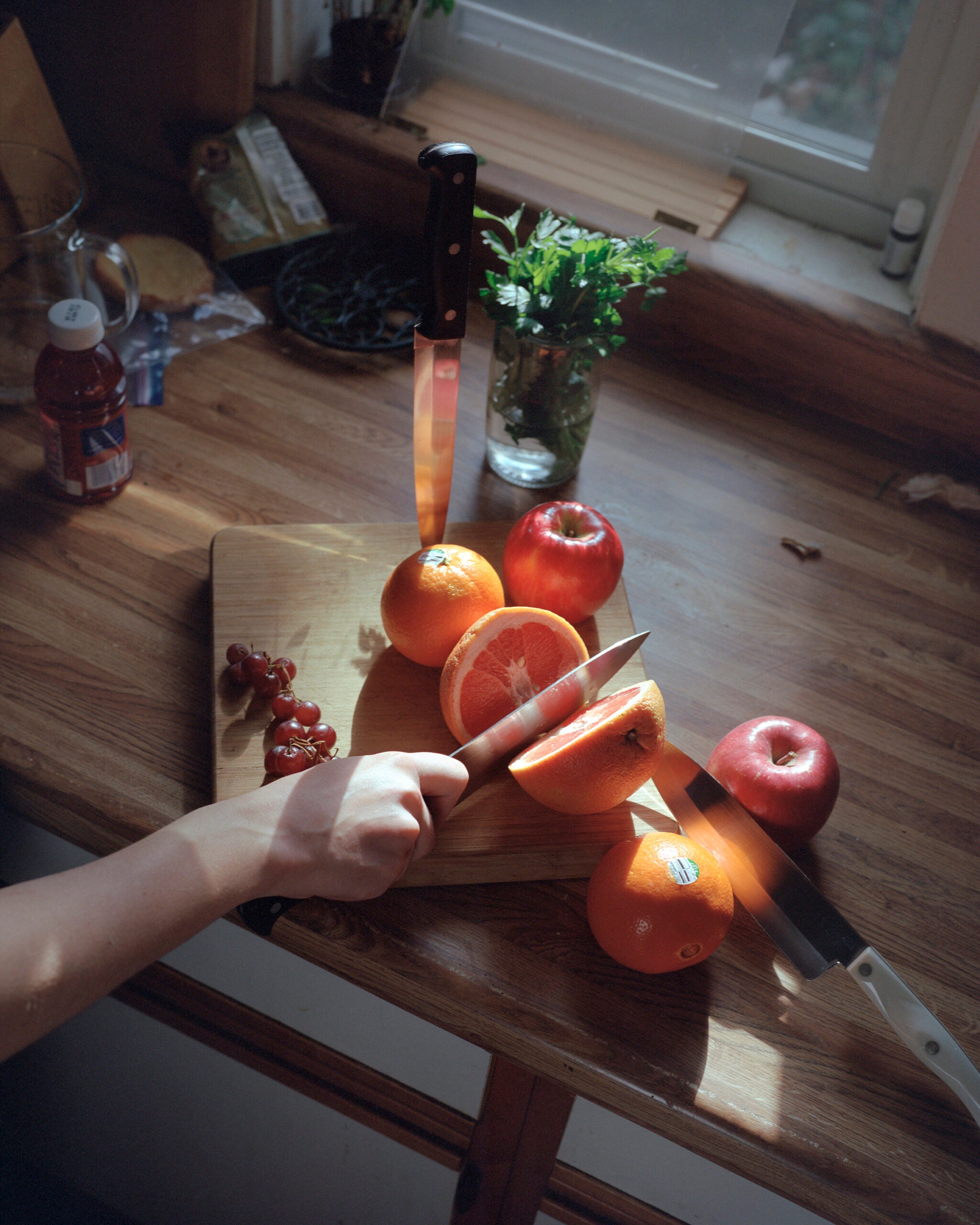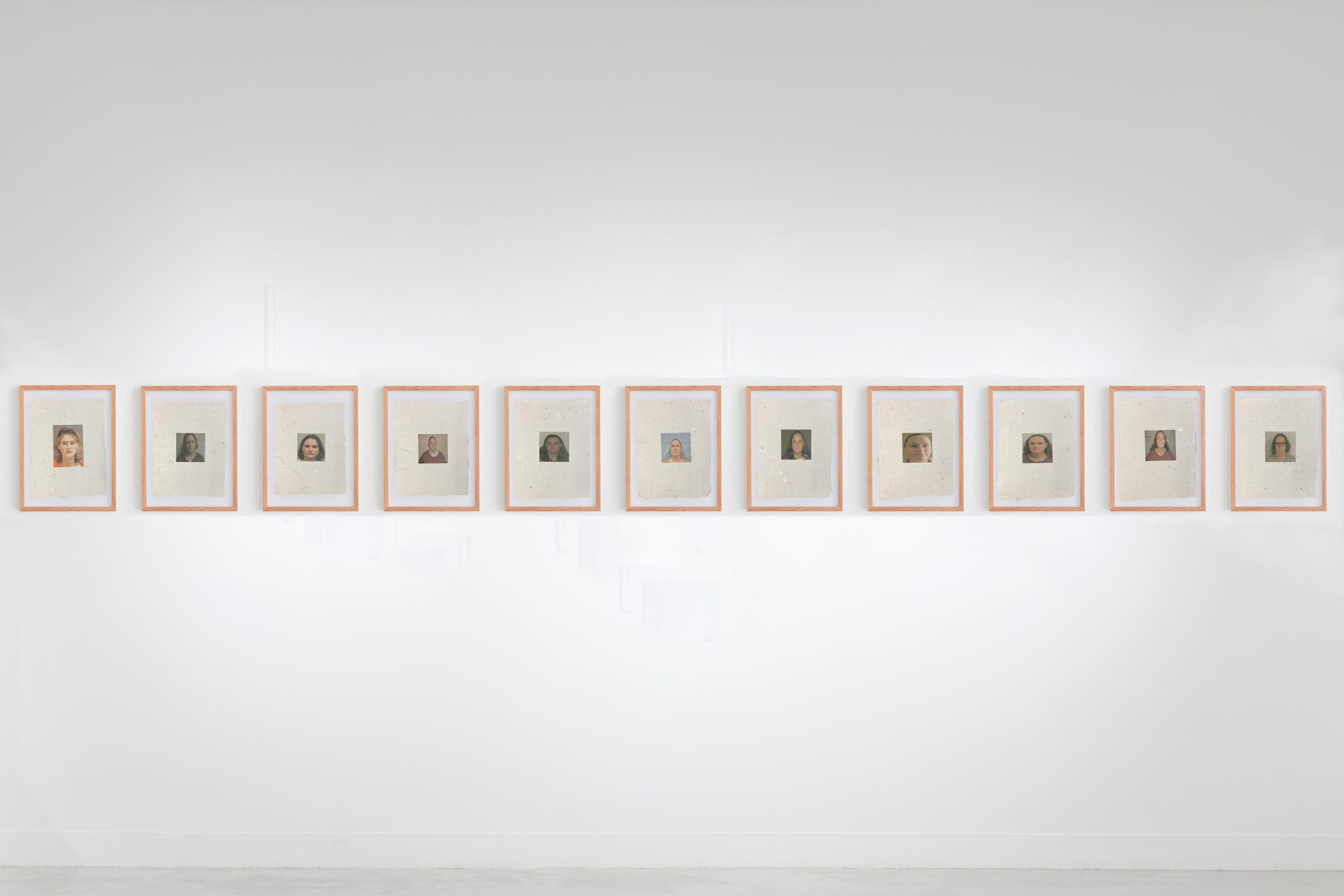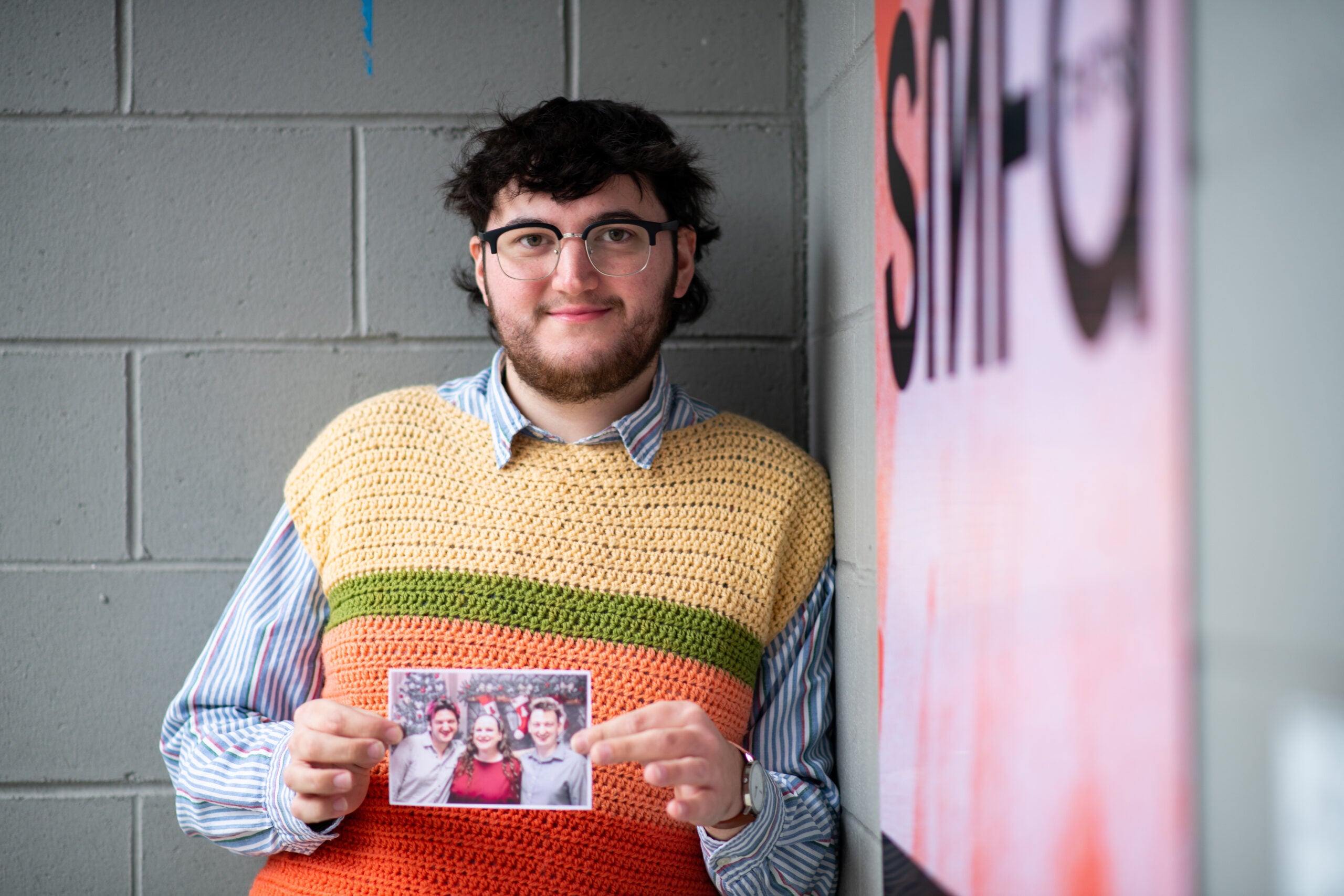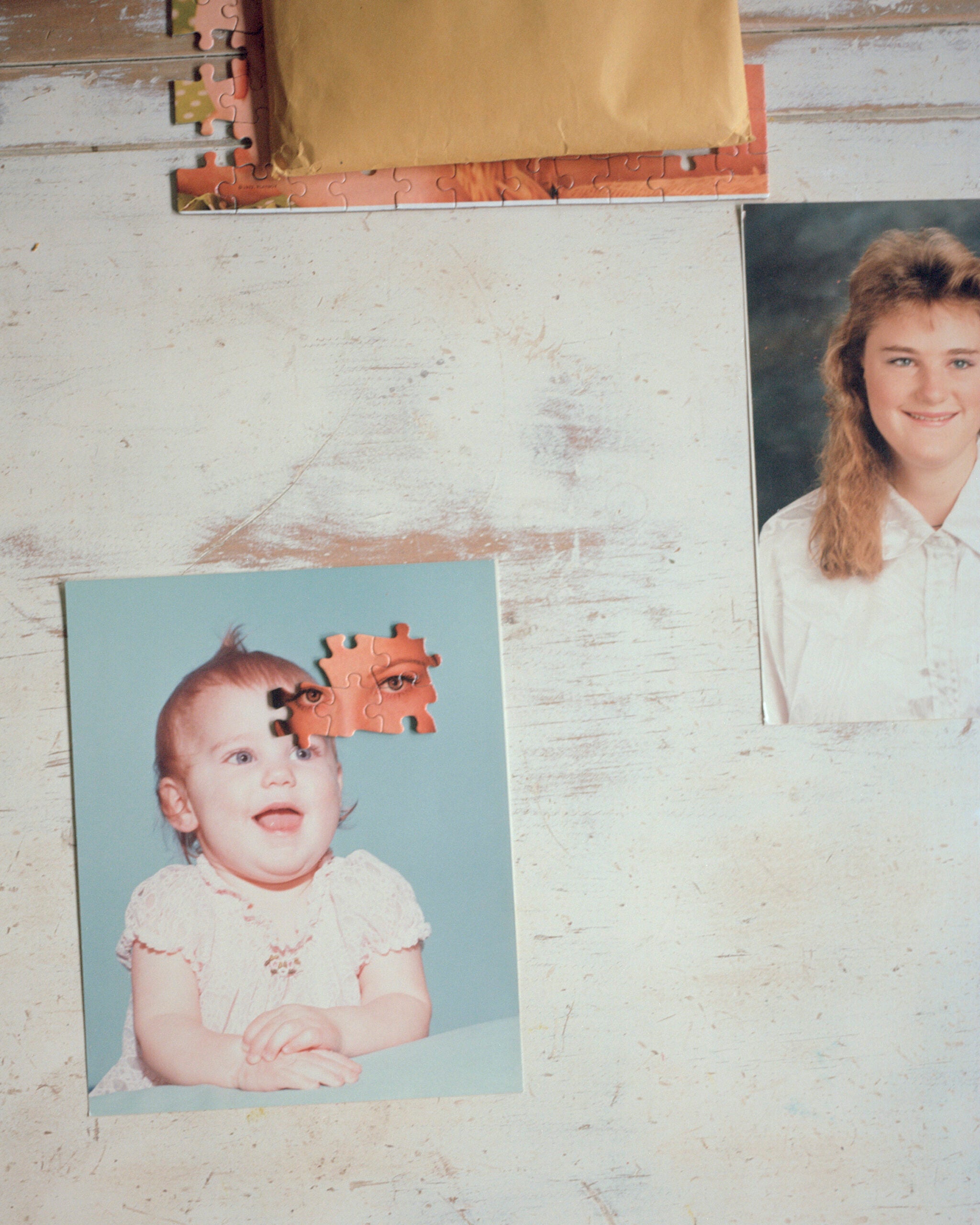Local
“She’s a person who is full of love.”
Quarters, often used for laundry, bubble gum, a child’s trinkets, or paying a meter, often don’t get a second thought. But to 24-year-old Niko Krivanek and his mother, they represent so much more than just spare change.
They represent the visible ways in which he can show love for his mom, who’s been incarcerated in Utah State Prison for virtually his entire life. He uses quarters — one of three items other than a car key and an ID allowed during visitation — to buy his mother juice from the vending machines. Because in prison, she only gets powdered juice.
With these quarters, Krivanek said he can “give back” to his mom and show his affection.
“I feel like her letters and everything show how obviously, her love is true and it’s given to me,” Krivanek said. “But I also wanted to show that it was transactional, that I can give my love to her as well.”
Through photographs, Krivanek was able to demonstrate this same notion to others. An artist and graduate student at Tufts University, during his undergrad, Krivanek started looking for symbols of his mother in his home — like quarters lined up and placed on an old family Christmas card — to photograph.

He also photographed fruit, to represent the juice he buys his mother, and a stained glass door she made for their home.
Krivanek describes the project as his attempt to “show her presence on the outside,” where people can see it.
“[Our] relationship is made entirely of phone calls and visits,” he said. “There’s nothing physical to show for it.”
As a child, Krivanek said he’d frequently get asked for school papers to get signed by his mom, or to pass messages along to her. Everyone assumed she was in the picture, and she was, but not in the way they had meant.
“If my mom was missing for reasons like she was in the military, or she was doing whatever else parents go away for,” Krivanek said, it would be one thing — but having an incarcerated parent is different.
As a result, he created “Dear Sally, Love Mom,” which featured photographs of objects related to or of his mother before her incarceration and was shown last fall at the Utah Museum of Contemporary Art.
“Trying to explain our relationship to other people has always been the goal,” Krivanek said.

Since then, the work has evolved. An added goal is to give others a sense of what his mom is like. He’s started incorporating the letters his mom writes in prison and recordings of her childhood into the work in an effort to include her voice in the project and recenter people’s focus.
“I’m definitely the face,” Krivanek said about the current narrative, adding, though, that “without my mother, there’s no story.”
At the same time, Krivanek said he recognizes this story isn’t an easy one to tell, and he struggles at times to confront his mother’s criminality. His mother, Sally Ann Krivanek, was charged in 2002 with murder.
“My mom is someone who committed a very serious crime and she’s serving the time for that crime,” he said, adding that she recognizes the wrong she has done. “She’s still deserving of love and respect.”

He and his brother were raised by their father, who had divorced from their mother prior to her initial arrest. Their father, now remarried, was the one who took them to see her.
Krivanek described his mother as funny — although in a mom-humor sort of way — and said that she supports him.
“She’s a person who is full of love,” he said. “Despite our circumstances, she’s been someone that I can lean on and talk about things that are happening in my life. And she’s always been really encouraging of me expressing myself.”
Sally Ann Krivanek was an artist herself. She created a stained glass door, which is in Niko’s family home. Niko Krivanek said he didn’t learn she was the one who created it until later. It’s now broken after an accident involving his stepbrothers, which he was able to get photos of despite the wreckage.
Learning about his mother and her history has been a pivotal part of the journey, Krivanek said. Reading the letters his mom writes to others helps him get a better picture of his mother, as well. He said they helped him realize his view of her matched the reality.
“The way that people write to her and say how much they love her and the way that she writes to other people, really shows me her character,” he said.
Now, the trouble is figuring out how to let that character shine, which Krivanek is close to. The second phase of his project is releasing at Utah MOCA in March and will feature some of the archival work he’s been doing. He said he sees this phase lasting about a year, and in spring of 2024, he hopes to launch phase three, which will delve into stories of incarceration from families in other parts of the country.

In the meantime, he’s working on building his project through his website.
His own artwork isn’t the only way Krivanek connects with the incarcerated, though. He also participates in TUPIT — the Tufts University Prison Initiative of Tisch College — where he acts as a teacher’s assistant for a drawing class at the Concord Correctional Facility.
Sally Ann Krivanek got her associate’s degree while incarcerated, so Niko Krivanek said he understands how important education can be for those who are behind bars. The TUPIT program provides those in Massachusetts Department of Correction facilities the opportunity to attain degrees.
He said it’s also important that those in prison feel they are seen.
“People who knew my mom on the inside and have been released and come to my show … say ‘I see your mom in this work,’” Krivanek said. “If we’re talking about goals — those are the goals that I have, that people who don’t really see themselves in fine art spaces can come into a museum and see it.”
Newsletter Signup
Stay up to date on all the latest news from Boston.com









